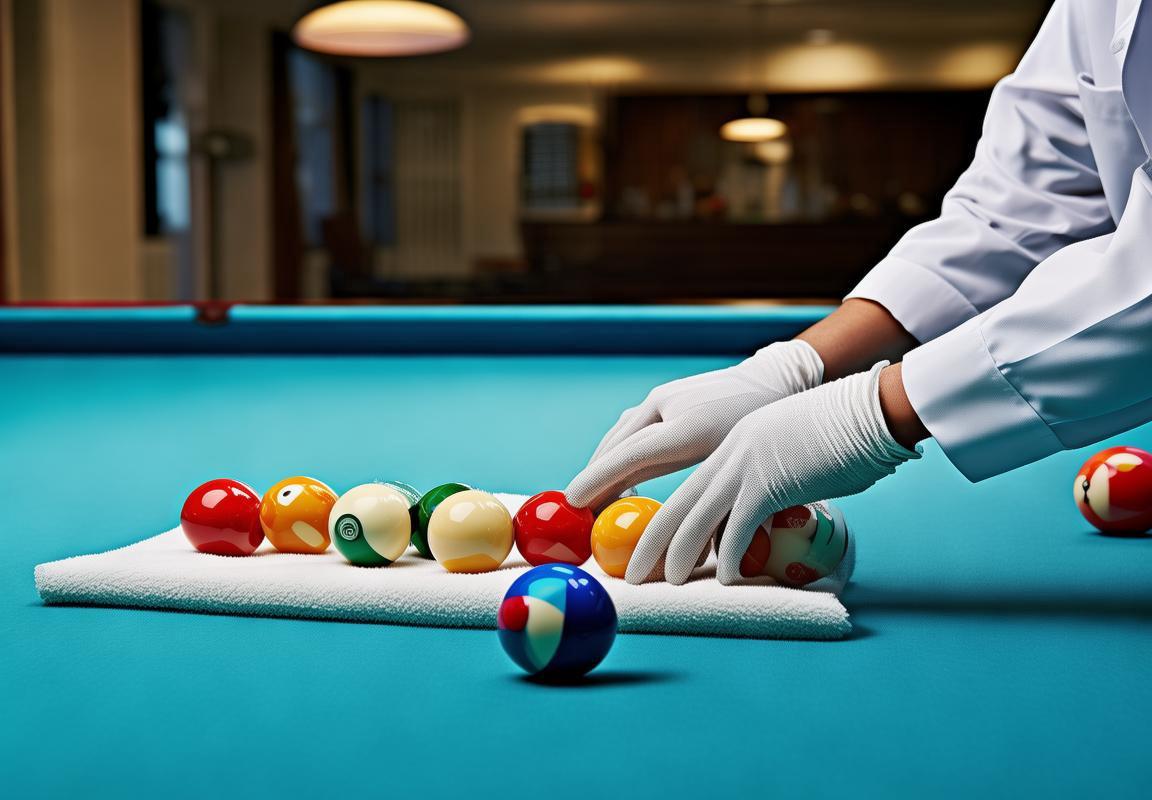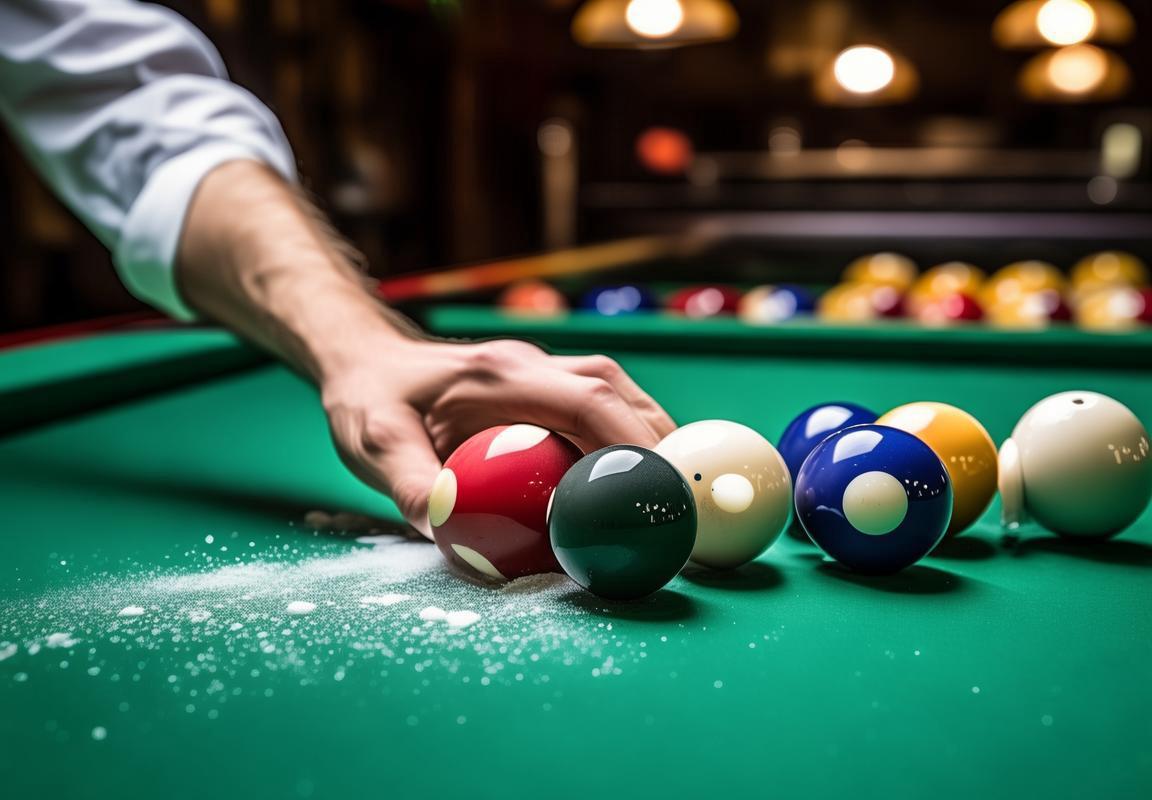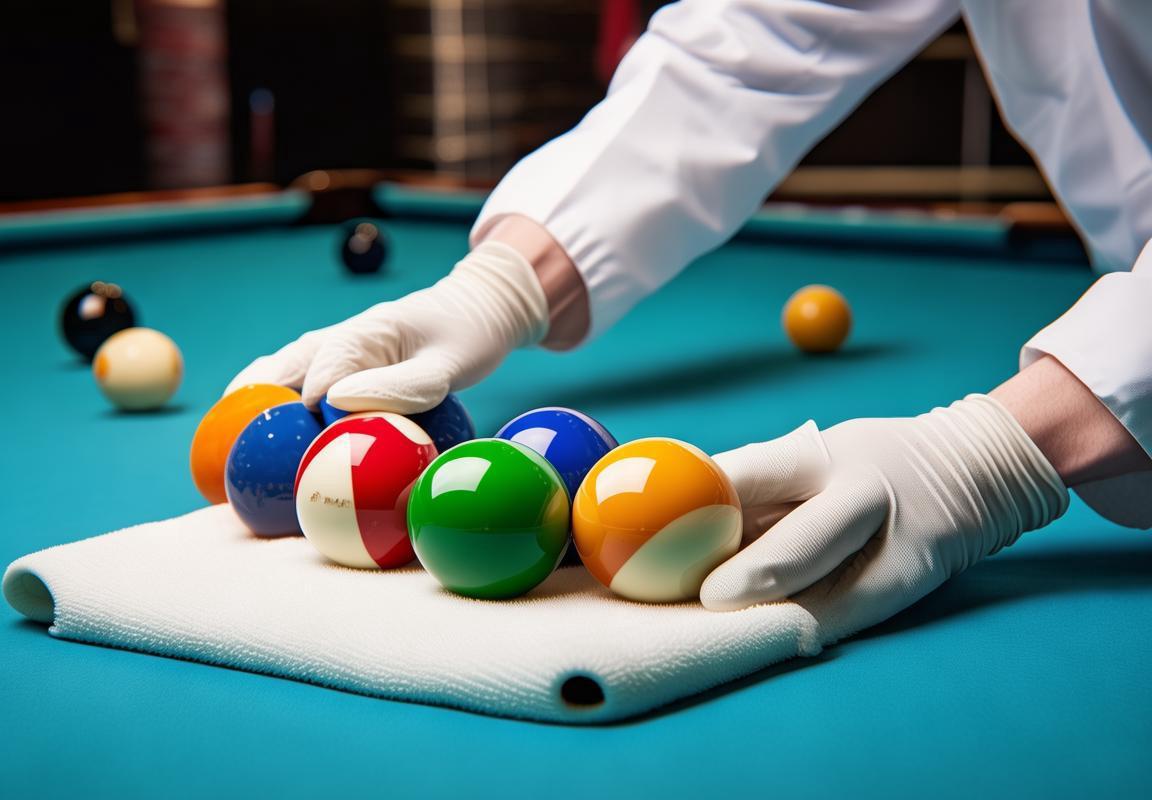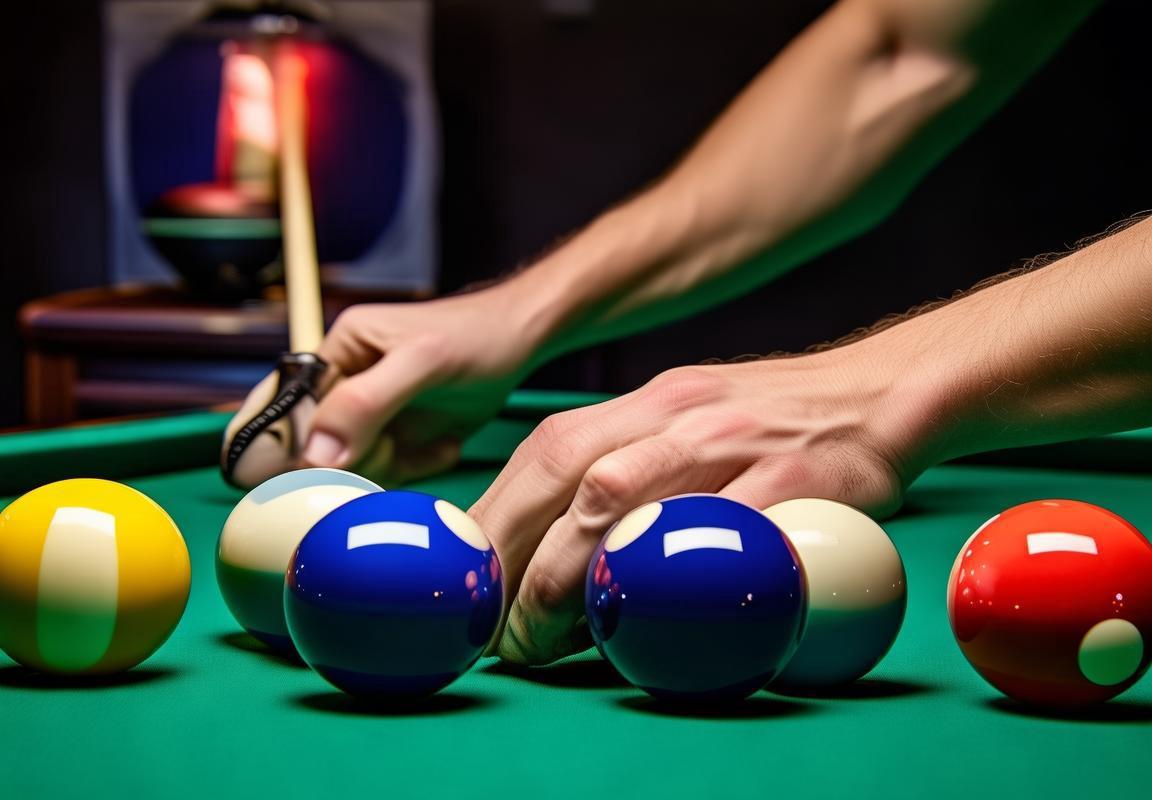Best Way to Clean Pool Table Balls: Pro Tips for Phenolic Resin & Ivory Billiard Balls Care
To properly clean pool table balls, start by dusting them with a microfiber cloth to remove chalk grit. Avoid harsh methods like dishwashers (heat warps phenolic resin pool balls) or vinegar (acid dulls polish). Instead, soak balls for 5 minutes in lukewarm water with mild soap (e.g., Ivory), then hand-polish gently with a microfiber cloth or soft toothbrush for stubborn grime. Rinse under cool water and dry immediately to prevent moisture buildup, which attracts chalk. For tournament-level slickness, use a specialized ball cleaner. Clean every 2-3 weeks for casual play or weekly for heavy use, and store balls in a ventilated case to avoid mildew. Never use abrasive tools, glass cleaners, or magic erasers—these damage surfaces. For ivory pool balls (rare antiques), skip water entirely; opt for dry silicone-based polish to prevent cracking. Proper pool table balls cleaning ensures truer rolls, longevity, and no embarrassment during game night. Remember: gentle care beats aggressive shortcuts.



